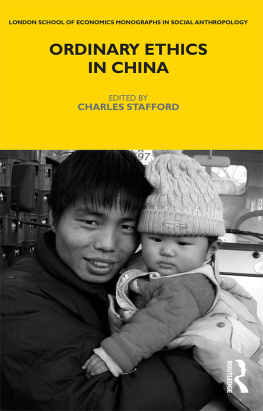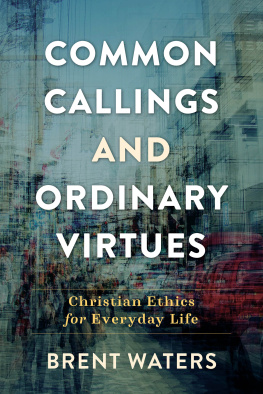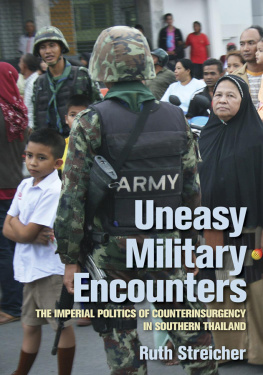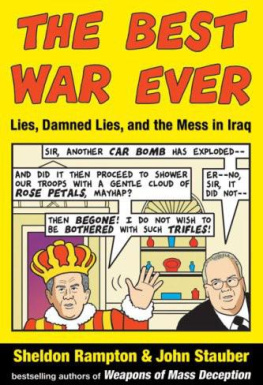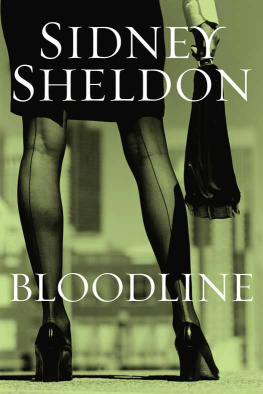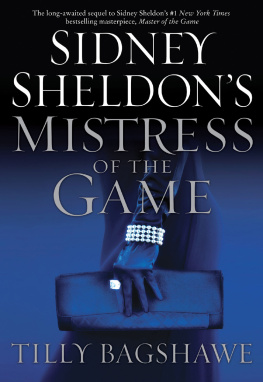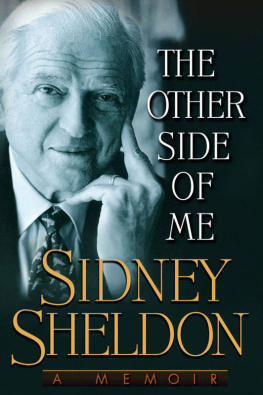New
Ethnographies
Series editor
Alexander Thomas T. Smith
Already published
The British in rural France: Lifestyle migration and the ongoing quest for a better way of life Michaela Benson
Ageing selves and everyday life in the North of England: Years in the makingCatherine Degnen
Chagos islanders in Mauritius and the UK: Forced displacement and onward migrationLaura Jeffery
South Korean civil movement organisations: Hope, crisis and pragmatism in democratic transitionAmy Levine
Integration, locality and everyday life: After asylum Mark Maguire and Fiona Murphy
An ethnography of English football fans: Cans, cops and carnivals Geoff Pearson
Loud and proud: Passion and politics in the English Defence League Hilary Pilkington
Literature and agency in English fiction reading: A study of the Henry Williamson SocietyAdam Reed
International seafarers and the possibilities for transnationalism in the twenty-first centuryHelen Sampson
Devolution and the Scottish Conservatives: Banal activism, electioneering and the politics of irrelevanceAlexander Smith
Exoticisation undressed: Ethnographic nostalgia and authenticity in Ember clothes Dimitrios Theodossopoulos
Performing Englishness: Identity and politics in a contemporary folk resurgence Trish Winter and Simon Keegan-Phipps
Copyright Ruth Sheldon 2016
The right of Ruth Sheldon to be identified as the author of this work has been asserted by her in accordance with the Copyright, Designs and Patents Act 1988.
Published by Manchester University Press
Altrincham Street, Manchester M1 7JA
www.manchesteruniversitypress.co.uk
British Library Cataloguing-in-Publication Data
A catalogue record for this book is available from the British Library
Library of Congress Cataloging-in-Publication Data applied for
ISBN 978 1 7849 9314 6 hardback
First published 2016
The publisher has no responsibility for the persistence or accuracy of URLs for any external or third-party internet websites referred to in this book, and does not guarantee that any content on such websites is, or will remain, accurate or appropriate.
Typeset
by Out of House Publishing
Each time I visit my grandmother in her flat in north-west London, she points me towards a set of framed photographs that sit in a glass cabinet in her living room. In one of these pictures () taken not long after, everything has changed. In the foreground, my nana is tanned in a short-sleeved blouse and pinafore, frizzy hair pragmatically pinned back as she industriously prepares crepes on the street. Her now-husband has rolled up the sleeves of his sweat-soaked shirt as he looks down with concentration. A yellow-hued background evokes the warm sensuality of this place: 1940s British Mandate Palestine.
Figure 1 My nana and her fianc strolling in Prague, 1939.
Figure 2 My nana and her now-husband cooking crepes to sell on a street in Tel Aviv, 1940.
In 1939, as my family began to perceive the imminent threat posed by Hitler, my seventeen-year-old nana and her fianc booked onto an illegal transport to take them from their home in Prague to Palestine. My great-grandmother, along with so many members of this close extended family, remained at home. My nana never saw them again; they were killed by the Nazis. After a six-week boat journey and internment in a British camp in Lebanon, my nana arrived with her now-husband in Palestine. Life was hard as this young couple, who had grown up in affluent homes, struggled to earn a living and then to support their young son, my uncle. My nanas husband could not cope. In 1947, now a single mother, my nana left Palestine and came to settle in London.
In the time that had passed between these two photographs, my nanas life had become inextricably enmeshed with the passage of suffering between Europe and the Middle East that affected so many people in the mid-twentieth century. In the space between these images is her singular experience of the interconnected violent ruptures of the Shoah (the Nazi Holocaust against European Jewry between 1939 and 1945) and the Nakba (the Palestinian national devastation: the mass dispossession and expulsion of Palestinians from their homes that accompanied the 194748 foundation of the State of Israel in British Mandate Palestine). The relationships between these geographically dispersed events the murder of over six million European Jews and the creation of over 750,000 Palestinian refugees, who remain unable to return to their homes continue to shape our contemporary political landscape. They are connected not only in the grand narratives relating to European fascism, Zionism and British imperialism in the Middle East, but also in the biographies and political attachments of ordinary people, such as my nana. Their consequences continue to be inherited by later generations; they are felt directly by those subject to the Israeli occupation of the Palestinian Territories of the West Bank and Gaza after 1967 and the continued violence against Palestinian and Jewish citizens in Israel. They are also carried indirectly by people living beyond the region, who are drawn into a transnational politics of memory that moves across borders igniting in seemingly distant settings around the globe.
In June 2013, on a sunny, breezy day, my nana and I were sitting together in her living room talking with and around her stories about those difficult times. Our conversation turned to the present and she looked at me directly repeating, in her thick Czech accent, her passionate commitment of I love Israel!. Setting her face stubbornly, anticipating confrontation, she told me that the Arabs cannot be trusted because they want Israel for themselves. In the same breath, she angrily denounced religiously orthodox Jewish groups in Israel, which she said were damaging everything that Israel is and could be.
For years my nana did not know, or was not able to know, what had happened to her mother, Josephine. Then, in 2010, my family found a record for Josephine in the Yad Vashem database of Shoah victims. My nana asked us to create a memorial to her mother in Israel. When I asked her, Why not in Prague?, she replied, No, Prague was home, but I cant plant a tree in Prague. Israel is our home. My father arranged for a ring of trees to be planted. Now, on that June afternoon, my nana once again drew my attention towards the memorial certificate hanging on her wall, telling me thats all I have for her. She continued slowly and emphatically: One thing I must say, I cant believe in God. How could he let Hitler kill all these innocent people, my mother, my aunties, my family,






